Discover CLC
Open Day
November 22, 10:30 am
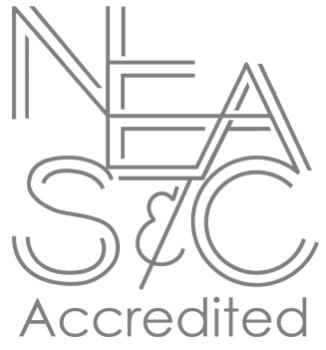
In December 2023, we received our official international accreditation from NEASC (New England Association of Schools and Colleges), which is recognized nationally by the Romanian Ministry of Education.
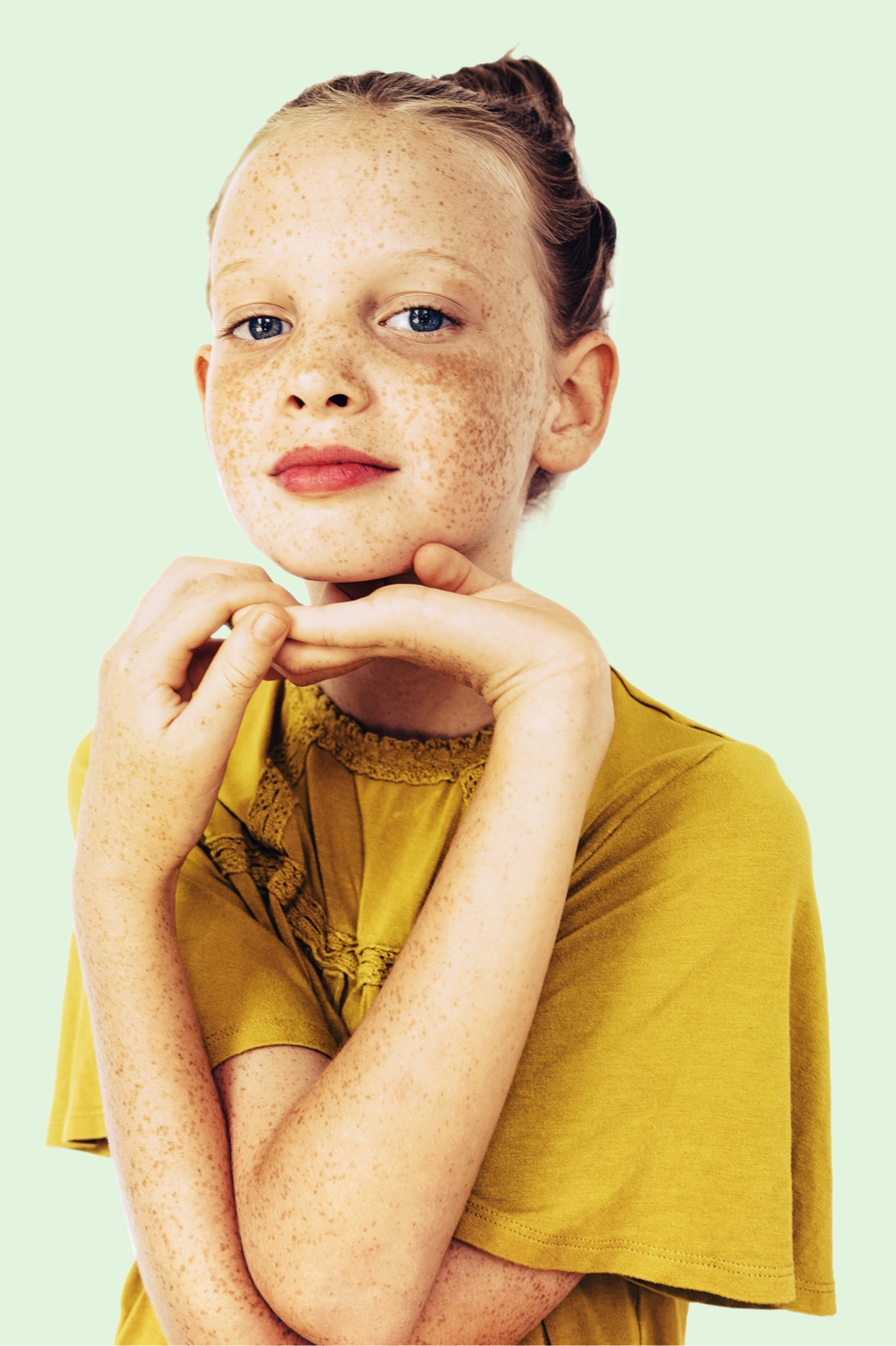

In December 2023, we received our official international accreditation from NEASC (New England Association of Schools and Colleges), which is recognized nationally by the Romanian Ministry of Education.
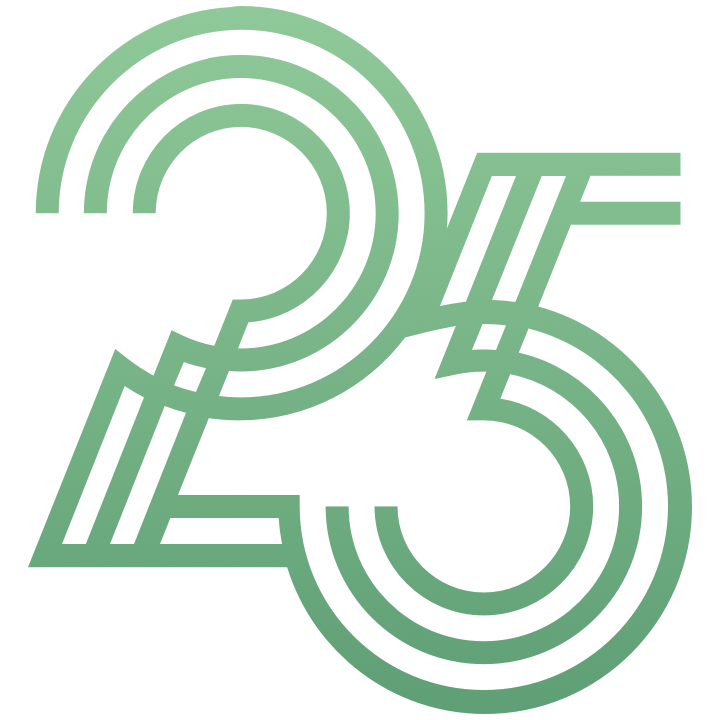
Over 25 years of excellent
research behind it.
Did you know?

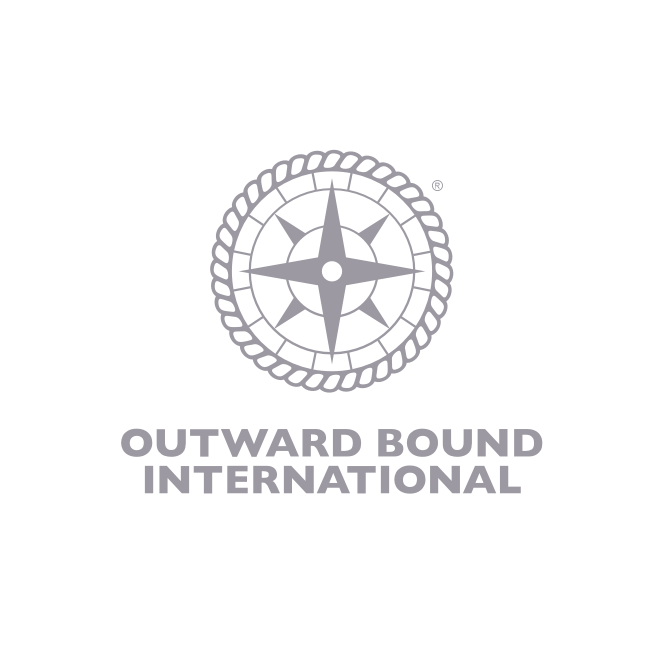
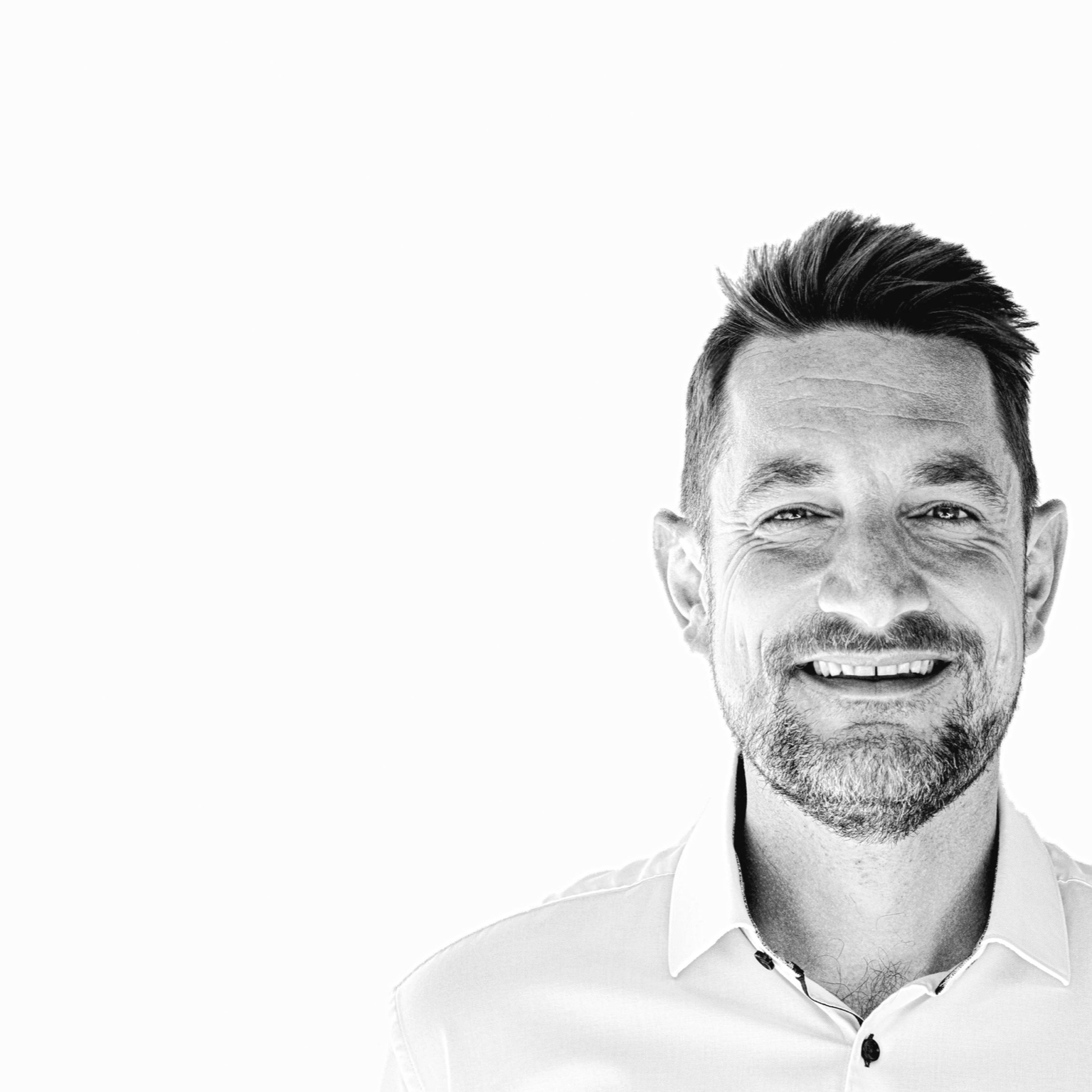
We believe
Real World approach
Well-established
We believe
This is the only time learners are in school. During this precious, unique time when they are safely learning, it is our responsibility to ensure learners gain the essential life skills that will enable them to thrive as adults. So let’s make sure that time spent in school is worthwhile for the whole person and for their entire life.
Our learning model is about ‘Learning to Design a Thriving, Purposeful Life’. It is holistic and long-term, focusing on all the key areas of development in life: physical, emotional, intellectual, and spiritual.
Learn moreWe learn more easily what we like, what is relevant to us and what is taught to us in the way we enjoy the most. In an education that works, learners are asked about their preferences and areas of interest. They can influence and choose ways of learning that suit them the most. Resources and ways of teaching are varied and allow for different styles of learning from visual and auditory to kinesthetic and social.
Learn moreTraditional education has focused on information and memorization. Although necessary, these are but a small and insufficient part of learning.
Learning is successful when you can actually use and apply what you have
learned.
If you look at the neuroscience of learning, a learning cycle is complete when we have actually mastered a new skill. We do not only “know” something in theory, we are capable of using the information we have learned in practical and applicable situations. This approach to learning is focused on ‘skills’ or the wider concept of ‘competencies’ (which encompass information, abilities and attitudes).
Learn moreOur expeditionary learning methodology uses a project-based approach which leads to real impact in the real world through every learning project. Learners get to do real work, they learn by doing and by experiencing real situations. This is much more effective to promote understanding and deep learning.
This changes school from a ‘grading and exam-preparation machine’ into an engine for ongoing improvement in the community.
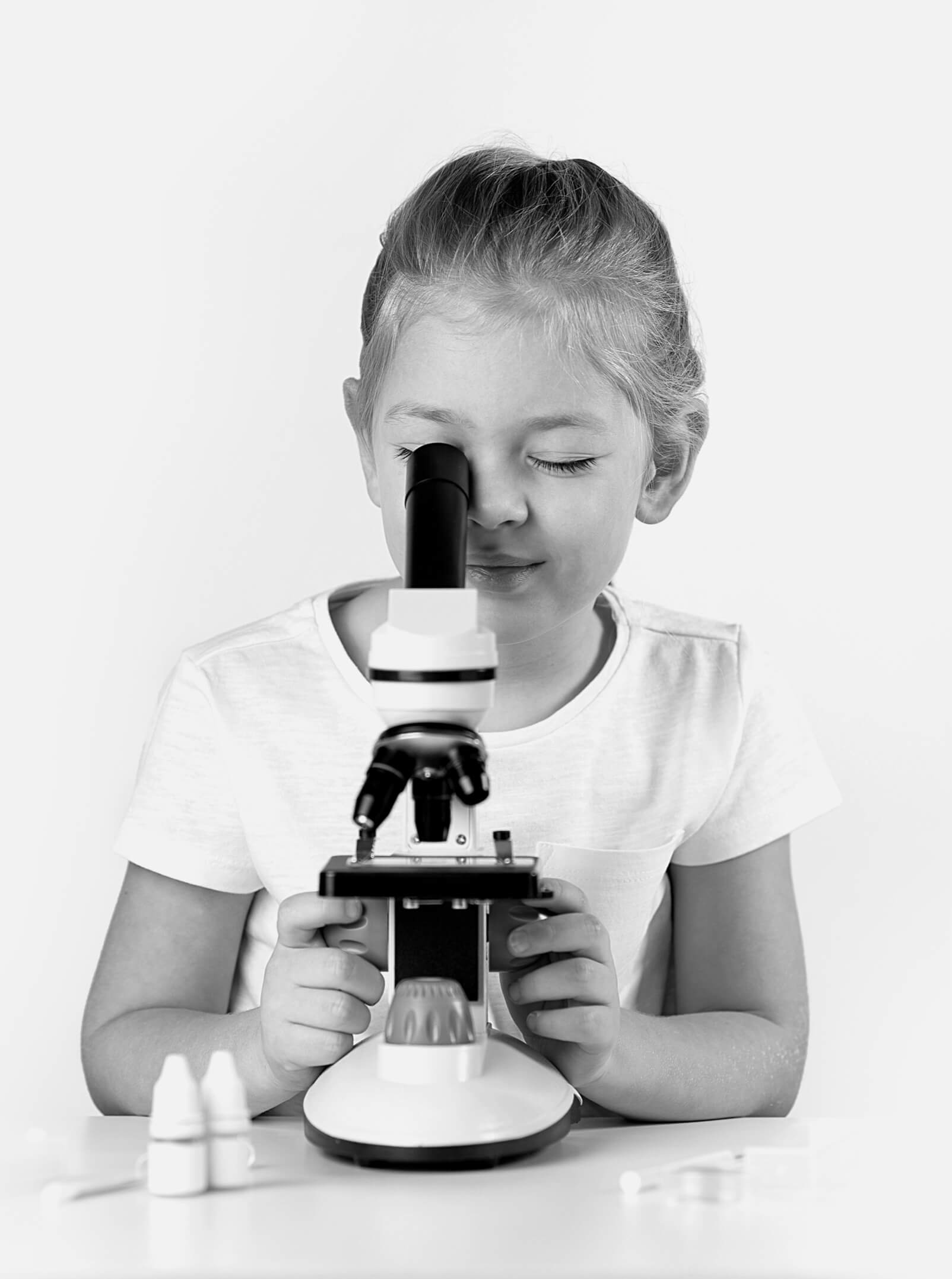
The world needs people who can self-direct and manage their time, form teams and make an impact by solving challenges that matter. Our approach is geared towards learners being able to learn for themselves, a little more every day.
Learn moreEffective schools have high standards for each and every learner. The science of learning has repeatedly proven how powerful high expectations are to drive success. It is called “The Pygmalion Effect” and it works, but only if education is personalized and relevant for children.
Since they get to choose the way they learn, we can expect them to excel. Not all children need to excel at the same things at the same time, but they will be expected to develop areas of mastery.
Learn more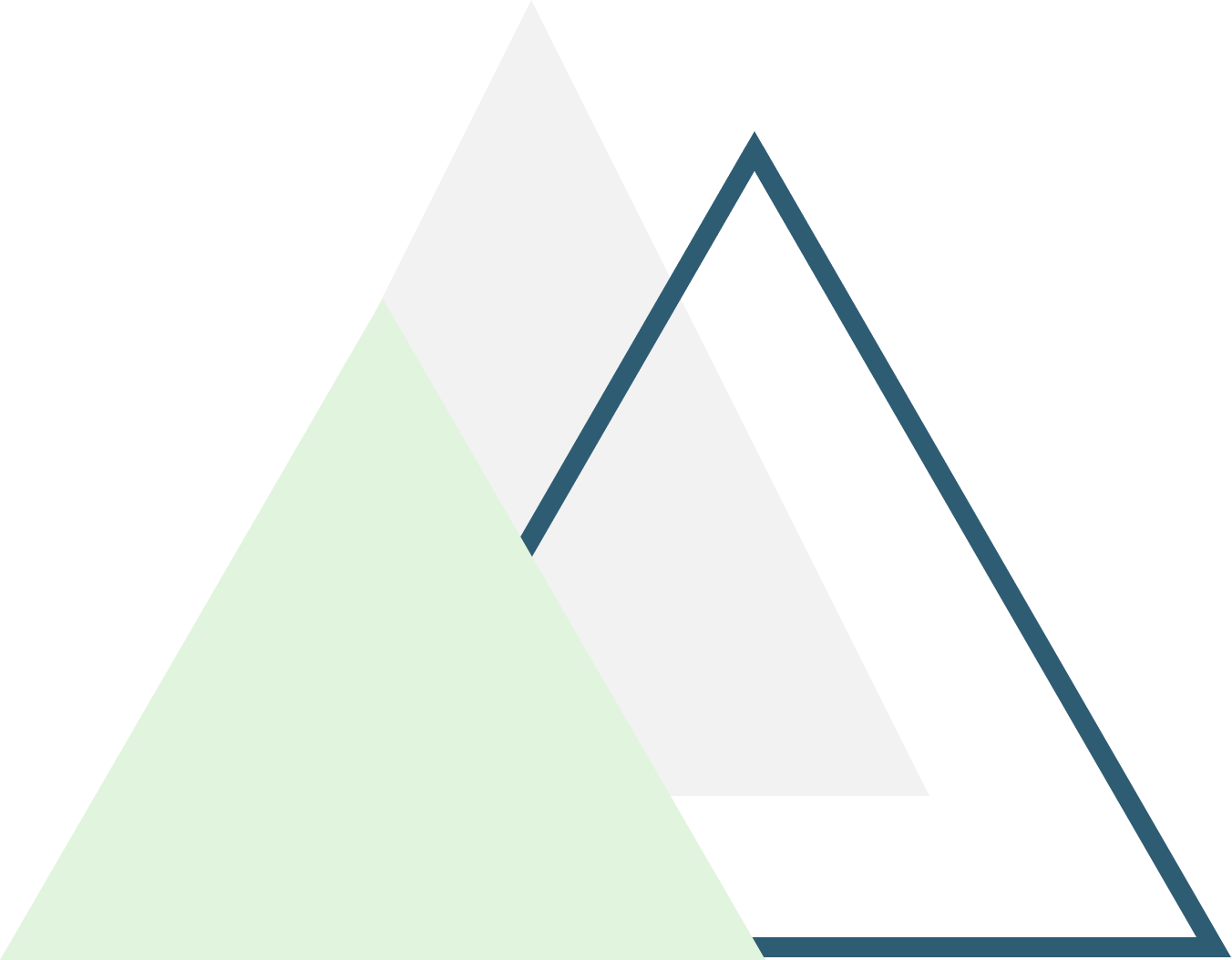
Every day around the world a school discovers a better and more powerful approach to learning.
Our curriculum constantly upgrades just like good software.
Our school campus will not be ‘a prison’ where children are dropped off and locked in until they go back home. Our school campus will be a “basecamp” from where they will keep going to discover and explore and will come back to coordinate, make sense and deepen their learning.
Our first campus is part of Colina Noua, an innovative residential concept with great design, communal spaces, plenty of green areas, organic farms, and nature trails.
Our methodology of 'expeditionary learning' and our learning philosophy will ensure that learners spend a lot of time 'out-of-school'. Trips and activities in nature will be a regular part of learning. As our learners grow and become more autonomous, we will encourage projects in which they will visit and learn from real-life situations and real-life professionals.
Check out the CLC school bus schedule.
| Morning | |
|---|---|
 Departures from
Auchan Iris
Departures from
Auchan Iris |
 Arrival at
CLC
Arrival at
CLC |
| 8:30 | 9:00 |
| Afternoon |
|
 Departures from
CLC
Departures from
CLC |
 Arrival at
Auchan Iris
Arrival at
Auchan Iris |
| 15:00 | 15:30 |
| 16:00 | 16:30 |
 Colina Learning Center is located at Băbuțiu on Principală 16A, 407596.
Colina Learning Center is located at Băbuțiu on Principală 16A, 407596.
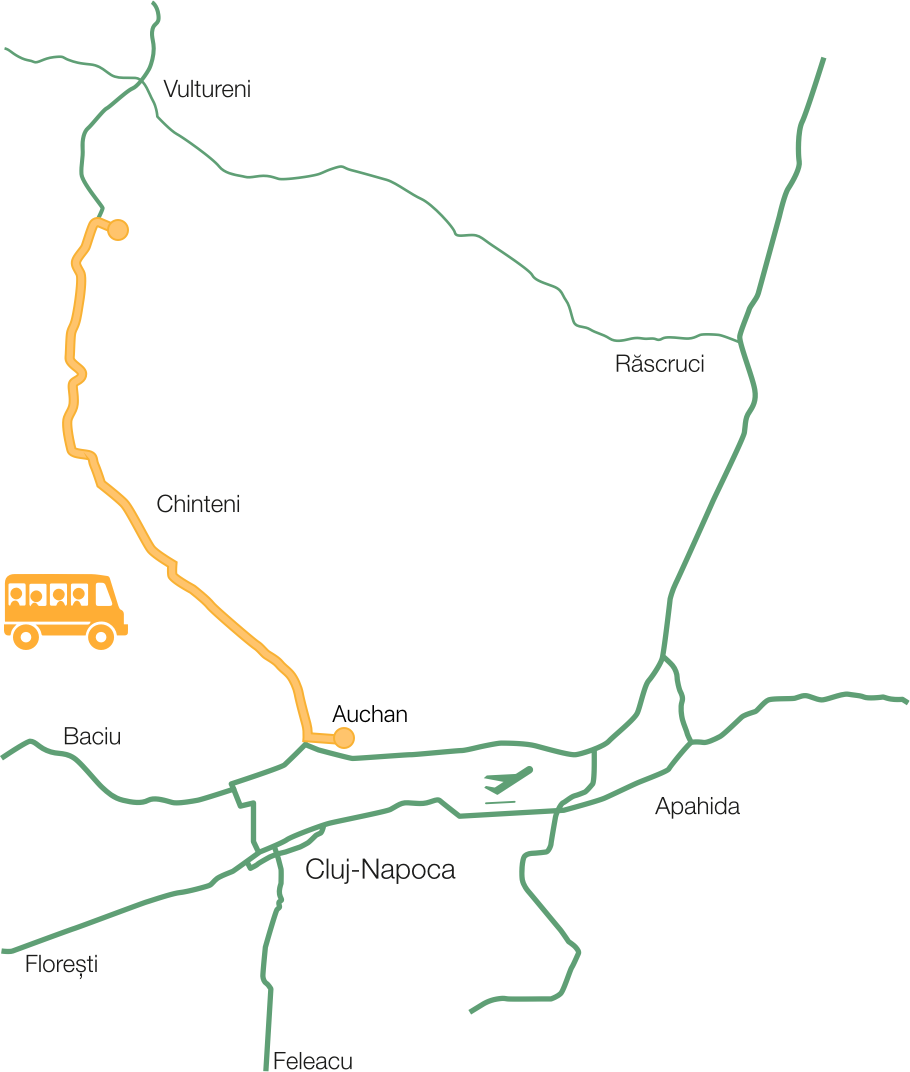
We measure success by the impact on our learners 10 years after they’ve graduated. We look at the 26-28 year old. Until 26 we are still capable of developing essential emotional and mental skills that will enhance our chances at a successful life. What do they need to thrive at 26 and later? Once we have identified these key competencies, we start to develop them from the first steps in school.
Children will know why they learn and what the impact is on their life. As grown-ups, our graduates will be able to connect and articulate their success to the experience in school.
By focusing on the behavioural and relational aspects of learning, we can support all adult learners in the school community to continue learning and developing in a highly personalized and relevant manner for themselves.
Our learning team does not mandate the kind of learning adults will embark on. It is up to every single person, teacher, administrator, parent, and grandparent, etc. to choose how much and where they want to develop. What we do is to provide rituals and a community which act as catalysts for our individual efforts to keep growing.
we create a unique and tailored way of learning for each learner. Our curriculum facilitates the process of discovery – encouraging exploration and experimentation. Learners are able to customise their learning pathways and the curriculum facilitates their holistic development.
and it is changed and adjusted together with the learner according to their changing level of energy, areas of interest and ability. School buildings and activities are modular and flexible providing enough opportunities for personalization and flexibility.
Our model is based on recommendations about the ‘Schools of the Future’ from WEF, the 21st-century skills, which include creativity, collaboration, critical thinking, OECD’s Definition and Selection of Competencies (DeSeCo) Project and other key frames. We measure it with rigorous metrics and update it as the science of human learning and development progresses.
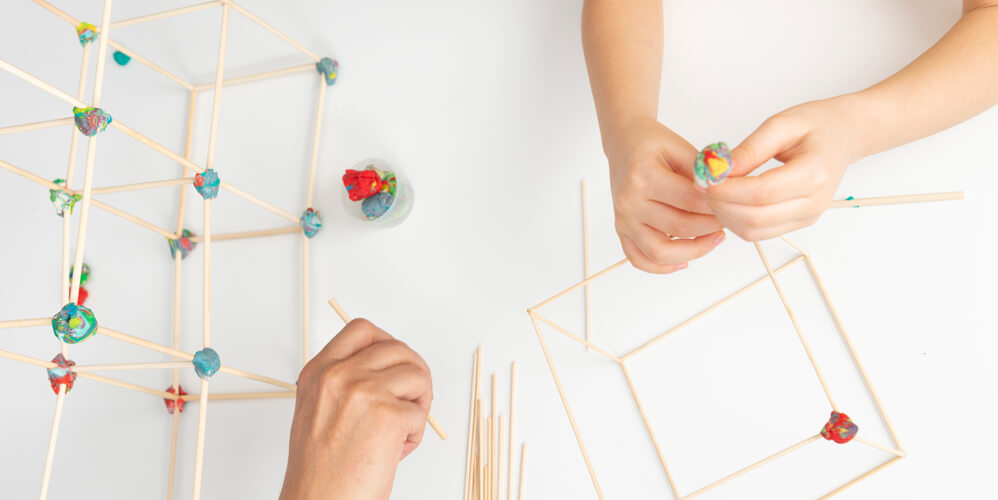
Modern schools move away from “do as you’re told” to “voice and choice for each student”. Learners get to choose activities, resources, spaces, times, responsibilities. They learn to answer the question “What do you want?”.
This is a profound question that requires personal awareness and responsibility. It is not about our fluctuating daily wants, but it is about the bigger and harder choices we need to make a fulfilling life. Only when children have a choice on school activities, can we expect them to make the hard work. Discipline, grit, resilience, these are all the results of focusing on what we really want.

The definition of ‘outstanding’ will also incorporate how they reach the educational objectives, their approach to learning not only the ‘performance on the day’.
The type of assessment used will match this approach to learning. They will not take all the same tests at the same time. They will have more sophisticated and personalized assessments than grades, such as mastery-based assessments (for example, Mastery Transcript). Together with the learner, the educator will define mastery for educational objectives and competencies and whenever necessary, the learner will receive support and extra-time to reach the high standard.
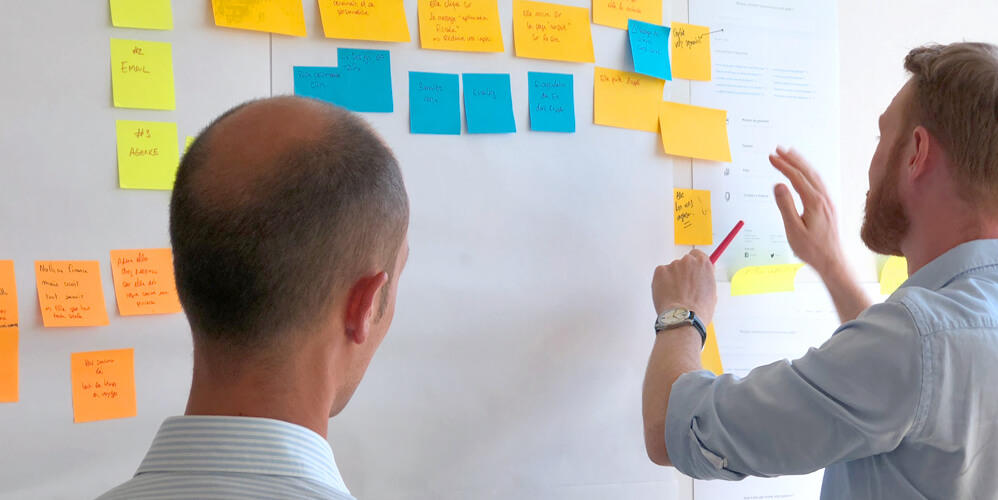
We look not only at their professional competencies, but also the deeper beliefs, mindsets and frames of looking at the world which could limit their effectiveness with learners.
Families are not only an appendix to our students’ learning. Parents are actively involved and model learning and development themselves, which is a powerful lever to enhance the learning of the children in our care. We are creating together a learning community with a shared commitment to keep evolving together and individually.
Their approach needs to be dynamic and continuous. This requires high degrees of trust and professionalism of teachers who work together to constantly create great work.
They include new methodologies and approaches, they
constantly hunt for best practices.
Our school makes the commitment to responsibly and coherently incorporate new approaches that maximise the learning for each child in our care.
There will not be a learning revolution every year, but a gradual and ongoing adoption
of innovation, using approaches such as the 80/20 rule (every year we bring in 20% new and better approaches).
Each new generation and each new school year will bring a better and better school.
